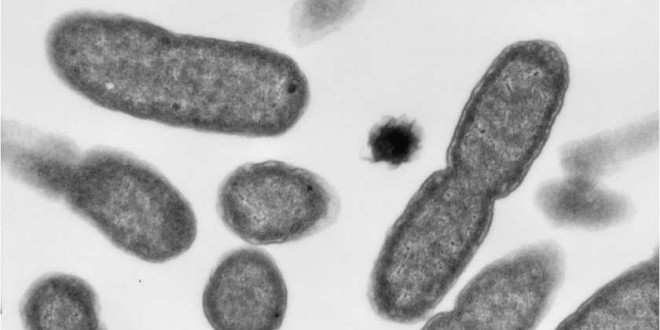An alarming new superbug gene that makes bacteria resistant to a last-resort antibiotic has been detected in Canada, Canada Journal has learned.
The gene, called MCR-1, produces an enzyme that makes bacteria invincible to colistin, a highly toxic antibiotic used only when all other drugs have failed.
A study published in the British Medical Journal “The Lancet” says the superbug can easily spread from one strain of bacteria to another. MCR-1 produces an enzyme that makes bacteria resistant to colistin, a highly toxic antibiotic only used when all other drugs have failed.
“As bacteria became more and more resistant to the lesser antibiotics, infectious disease specialists pulled colistin back off the shelve and started using it to treat infections we otherwise wouldn’t be able to treat.” Says Dr. Gerry Wright from McMaster University.
MCR1 was first reported in November by scientists in China. Since then at least a dozen other countries have found traces of the drug resistant gene, including Canada.
An investigation by Health Canada discovered the superbug gene in three different samples of e-coli. One of the samples belonged to a 62-year-old patient in Ottawa and the other two were found in ground beef sold in Ontario.
While colistin is not used in Canada because of its toxicity, the antibiotic is used heavily in China, predominately to help grow livestock. More than 20% of slaughterhouse pigs in China tested positive for the MCR-1 gene. Antiobiotics like colistin are used heavily in livestock farming in that area.
While there are no reported deaths connected to MCR-1, Dr. Gerry Wright says there needs to be more regulation on antibiotic use on humans and on livestock.
Matthew Gilmour, scientific director of the National Microbiology Laboratory in Winnipeg, said for the majority of patients, the existence of a gene that can make bacteria resistant to colistin should not be a threat as long as other antibiotics still work.
“For the majority of patients there will be a full suite of other antibiotics that should be effective for their infections. The worry is when all those others are off the menu and all you are left with is colistin and maybe not even colistin.”
Gilmour said he thinks Canada does a good job of limiting agricultural use of antibiotics, which are widely used in some other countries.
Agencies/Canadajournal
 Canada Journal – News of the World Articles and videos to bring you the biggest Canadian news stories from across the country every day
Canada Journal – News of the World Articles and videos to bring you the biggest Canadian news stories from across the country every day



